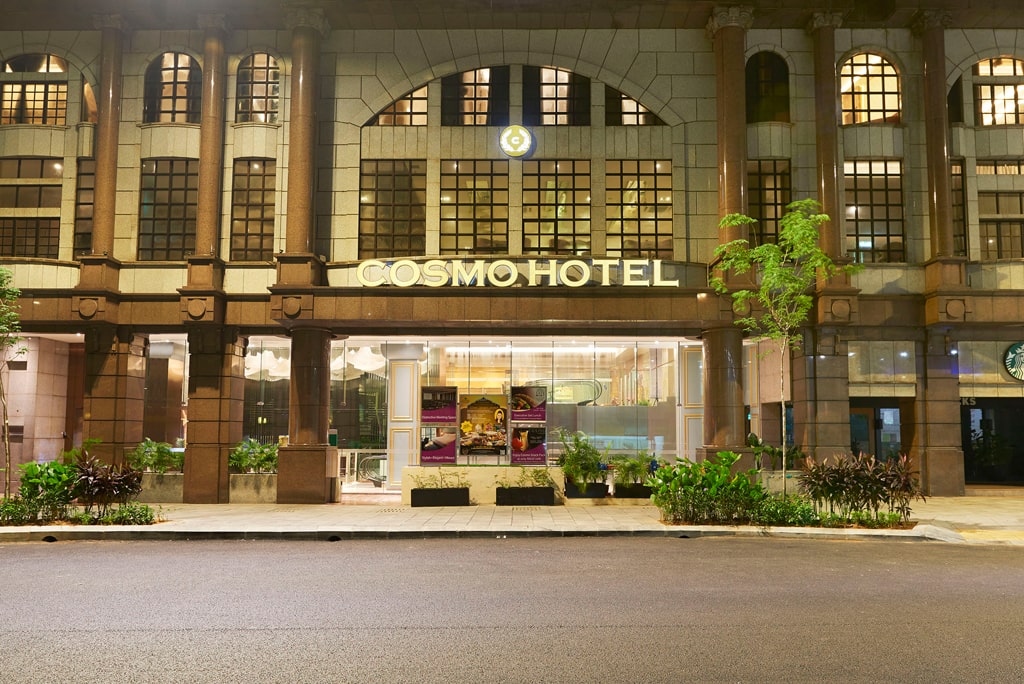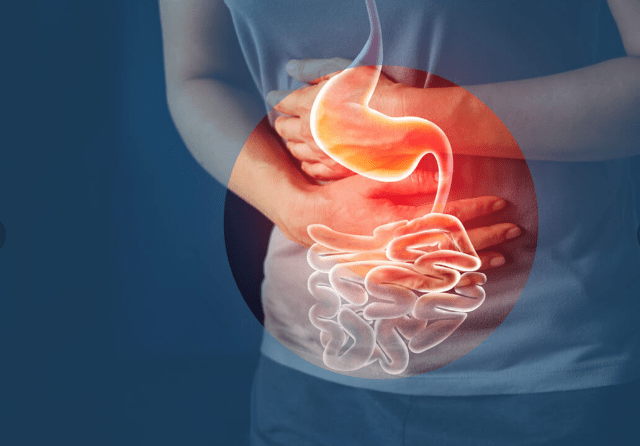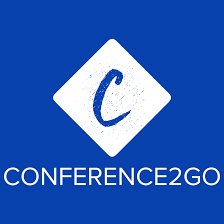IMPORTANT DATES
-
Abstract Submission opens:
30 November, 2024
-
Abstract Submission Deadline:
10 April, 2025
-
Standard Registration opens:
30 November, 2024
-
Standard Registration Deadline:
10 April, 2025
A
gastrointestinal (GI) endoscopy is a technique in which a physician uses an
endoscope—a thin, flexible tube—to examine the digestive tract.
Sub-Session
1: Endoscopic Emergencies
Sub-Session
2: Challenges in performing critical endoscopy
Sub-Session
3: Interventional Endoscopic Ultrasound
Sub-Session
4: Live endoscopy workshop
Session 2: Gastroesophageal Reflux Disease
When
stomach acid keeps flowing back up into the esophagus, the tube that connects
the mouth and stomach, it is known as gastroesophageal reflux disease. GERD is
a common abbreviation for it. Acid reflux is the term for this backwash, which
can irritate the esophageal lining.
Sub-Session
1: Endoscopic Emergencies
Sub-Session
2: Challenges in performing critical endoscopy
Sub-Session
3: Interventional Endoscopic Ultrasound
Session 3: Irritable Bowel Syndrome
A frequent
ailment affecting the stomach and intestines, often known as the
gastrointestinal tract, is irritable bowel syndrome (IBS). Constipation,
diarrhea, gas, bloating, cramps, and stomach pain are some of the symptoms. IBS
is a chronic illness that requires continuing care.
Sub-Session
1: Endoscopy in IBS
Sub-Session
2: Breakthrough Clinical trials in IBS
Sub-Session
3: Updates in Ulcerative Colitis & Chron’s Disease
Session 4: Pancreatic-Biliary Disease
Signs and
symptoms of pancreatic and biliary system issues might mimic those of other
disorders, such as: Upper abdominal pain or swelling that radiates to the
middle of your back. Urine with a dark hue. Belching, hiccups, and gas.
Sub-Session
1: Evaluation and management of pancreatic cysts
Sub-Session
2: Managing pancreatic fluid collections
Sub-Session
3: Dealing with difficult biliary strictures
Sub-Session
4: Cholecystectomy after biliary pancreatitis
Session 5: Colorectal Diseases
A cancer
of the colon or rectum, which is found near the bottom of the digestive tract. Non-cancerous
polyps may be the first sign of an early case. Although they frequently show no
symptoms, screening can identify them. Because of this, physicians advise
screenings for people who are at high risk, are over 50, or perhaps have a
family history of colon cancer. The location and size of the malignancy
determine the symptoms of colorectal cancer. Changes in bowel patterns,
variations in stool consistency, blood in the stool, and discomfort in the
abdomen are some of the symptoms that are frequently encountered. The size,
location, and extent of the disease's spread all affect how colorectal cancer
is treated. Radiation therapy, chemotherapy, and surgery to remove the
malignancy are common therapies.
Sub-Session
1: Management of colorectal neoplasms
Sub-Session
2: Management of diverticulitis
Sub-Session
3: Latest treatment options for hemorrhoids
Attendee Criteria
Attendance is generally limited to active researchers and authors of accepted abstracts. Authors of accepted abstracts are pre-approved for registration. All other researchers must Sign up and register towards the conference.
A very limited number of spots are available for individuals in Keynote/Plenary positions. Some of the Keynote and Plenary Speakers will have an opportunity to chair any session during the conference.
25 Oral presentation spots are available for 2-day events. The individual speaker is allowed to present a maximum of 2 talks at the conference.
Who Can Attend
Researcher/Academic /Industrial / Clinical / Private / Marketing
Researchers actively participating in basic science investigations, clinical studies, or epidemiologic research.
Physicians & Scientists who have faculty appointments at academic institutions including medical school programs, or practitioners who are involved in patient care or counselling.
Industries related to pharmaceuticals, Manufacturing, Services, Clinical can achieve visibility and credibility, exhibiting at a trade show has hundreds of benefits for your business. Establishing a presence, whether big or small, for your company at an exhibition gives you a powerful platform for meeting new customers, reaching out to your existing clients, and building a more established and reliable brand.
Clinical takes advantage of the educational and networking opportunities designed for hospital professional.
Marketers from generating new business to staying current with the latest trends, attending marketing events, meetings, and conferences can be crucial to the success of a company’s or individual’s growth strategy. There are some key benefits for why marketers should consider attending networking events.
1. Build Meaningful Relationships
2. Stay Current with Trends by Learning from Powerful Speakers
3. Connect with Influencers and in Turn, You’re Target Audience
4. Get Fresh Ideas and Solutions for Your Business.
Various sessions in our Conferences:
Plenary Talk: A plenary talk of a conference which all members of all parties are to attend. Such a session may include a broad range of content, from keynotes to panel discussions, and is not necessarily related to a specific style of presentation or deliberative process.
Keynote: This is a talk on a specific theme which represent the whole subject of the conference. Keynotes are usually delivered by Professors, President of associations, MD and above.
Oral Presentation: A presentation is a process of presenting a topic to an audience. It is typically a demonstration, introduction, lecture, or speech meant to inform, persuade, inspire, motivate, or to build goodwill or to present a new idea or product.
Delegate: One who gains knowledge, comprehension or mastery through experience or study; someone who learns or takes knowledge or beliefs; one that is learning; one that is acquiring new knowledge, behaviour’s, skills, values or preferences.
Poster Presentation: A poster presentation, at a congress or conference with an academic or professional focus, is the presentation of research information, usually peer-reviewed work, in the form of a poster that conference participants may view. A poster session is an event at which many such posters are presented.
Workshop: A workshop is designed to teach something or develop a specific skill while an academic conference is about presenting original research and getting feedback from peers. A workshop doesn't necessarily have to present original research; it is directed more towards teaching and learning in an interactive environment.
E-poster: An e-Poster or digital poster is a digital presentation of research that is presented within a congress.
Video Presentation: Animated or recorded video describing a research or review topic. Video talks for usually not more than 20-30mins)


















